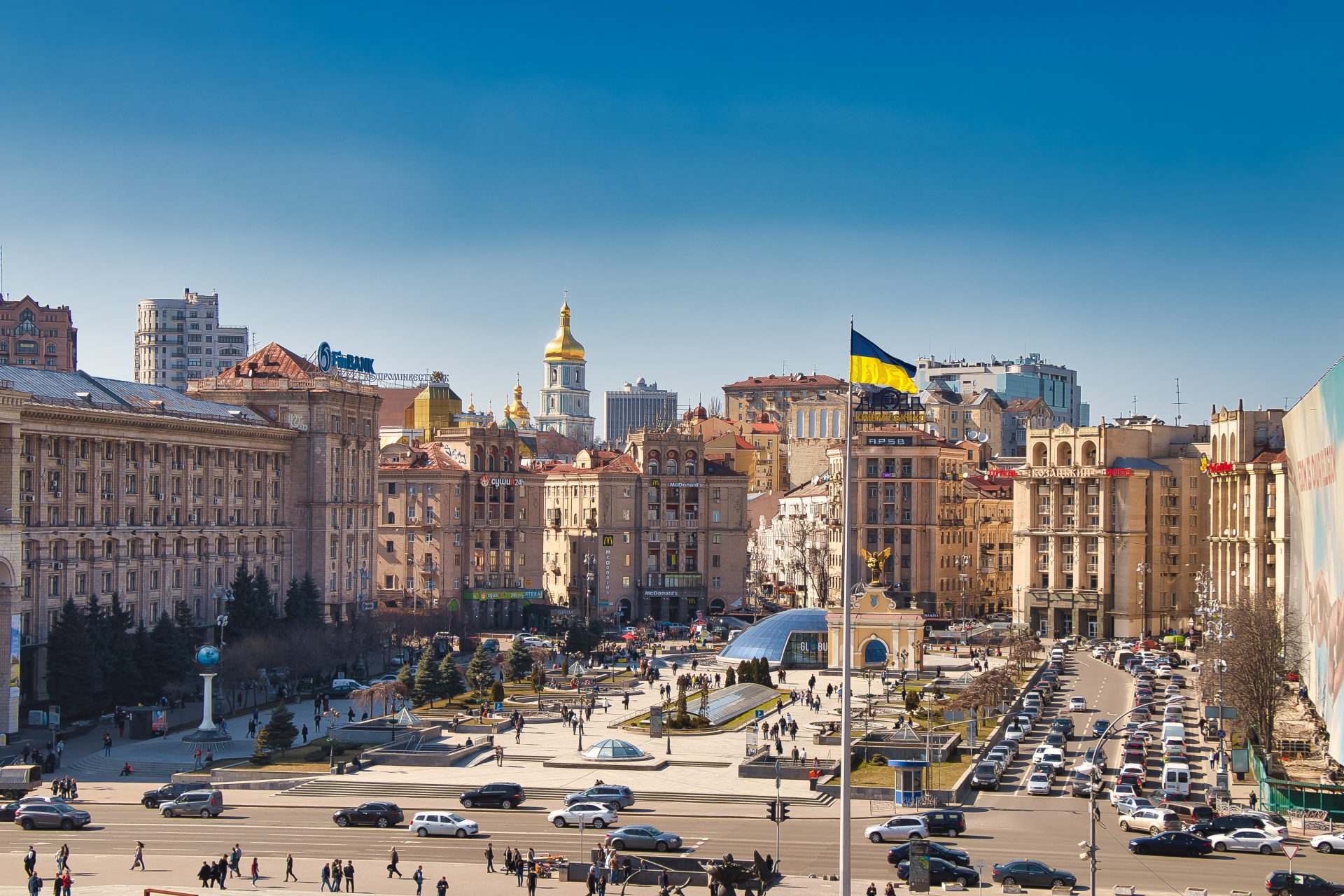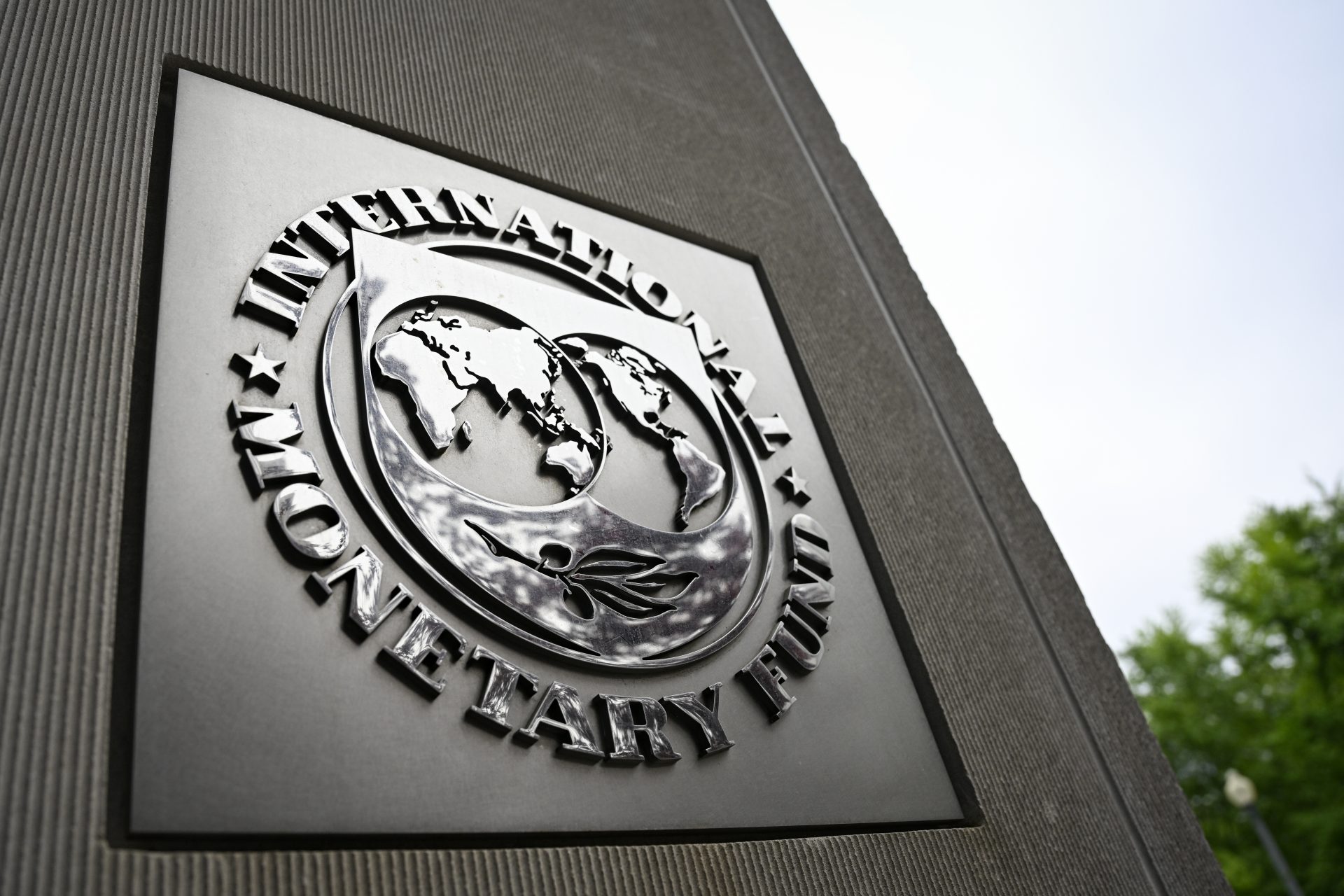In pictures: how the UK lived its hottest day on record
Yesterday, July 19, the UK recorded its hottest-ever temperature of 40.3C in Coningsby in Lincolnshire. Over 34 locations exceeded the UK's previous temperature record of 38.7C in 2019, according to the Met Office.
The London Fire Brigade declared a major incident after a number of fires broke out in and around the capital. A major blaze in the village of Wennington in east London ripped through fields and homes. Any casualties are yet to be determined.
Train travellers were around 40% lower than this time last week, Network Rail said, with many services disrupted by the heat. In the picture, a woman gives out free popsicles in Victoria Station, in London.
Luton Airport, about 30 miles north of London, had to suspend flights because the excessive heat damaged part of its runway, adding further strain to an already tumultuous travel season.
The country's hottest temperature ever measured, before yesterday, was 38.7°C at the Cambridge Botanic Garden in 2019.
A national emergency was declared amid fears the country’s worst heatwave in 500 years could result in power cuts, water shortages and melting roads.
On Friday, June 15, the Met Office (the official weather forecast agency for the UK), issued its first ever extreme heat weather red warning across much of England, meaning there is a “risk to life”.
Schools across the country were closed amid fears the heat could cause major health issues and kill the vulnerable.
According to recent reports, no more than 5% of UK homes have air conditioning to help keep residents cool.
Image: Carlos Lindner/Unsplash
In the longer term, forecasters are predicting hot weather for weeks, into August, as Britain’s summer boils.
It is also feared unbearable “tropical nights” will keep temperatures above 20°C after sunset. That could leave millions in a sleepless state throughout the week.
In 2020, the Met Office produced a hypothetical weather forecast for 23 July 2050 based on UK climate projections. On Tuesday, that forecast resulted almost identical for large parts of the country.
Simon Lee, an atmospheric scientist at Columbia University in New York, tweeted that this heatwave “gives an insight into the future", as in 30 years, this forecast will seem “rather typical”.
“The chances of seeing 40°C days in the UK could be as much as 10 times more likely in the current climate than under a natural climate unaffected by human influence", the Met Office's climate attribution scientist Nikos Christidis said in a statement.
Scientist Nikos Christidis added that the chance of exceeding 40 degrees is "increasing rapidly."
Across the Mediterranean, firefighters have struggled to contain blazes, rivers have run dry and thousands of people have been evacuated from their homes. So far, more than 230 people have died from heat-related effects in Spain and 238 in Portugal, according to local media reports.
The Po River, Italy’s longest, has hit record low water levels after months without heavy rainfall. Stretching from the Alps to the Adriatic Sea, the vital source of water is used for drinking, irrigation and hydroelectric power.
More than 170 Italian municipalities have issued ordinances on water consumption, meaning a ban on all use other than for food, domestic use and health care. Anyone caught using water for irrigation of public or private gardens, washing of courtyards or cars, could be fined up to €500.
Image: Hugo B./Unsplash
The meteorological department has put 15 departments on heat wave red alert from Brittany down the west coast, and another 51 departments on orange alert, from the northwest of France to the Côte d’Azur.
Environmental French lawmaker Melanie Vogel tweeted soil surface temperature was measured at 59 degrees in Spain and 48 degrees in the south of France. “This is not just summer,” she wrote. “It is just hell and will pretty soon become just the end of human life if we continue with our climate inaction.”
A study published in the journal the Lancet Planetary Health in 2021, showed that more than 5 million people die each year globally because of excessively hot or cold conditions and that cold-related deaths are decreasing, while heat-related ones are on the rise.
At least 10 people died in the UK by drowning in lakes or rivers after getting into difficulty because of the heat, according to local media.
More for you
Top Stories



































